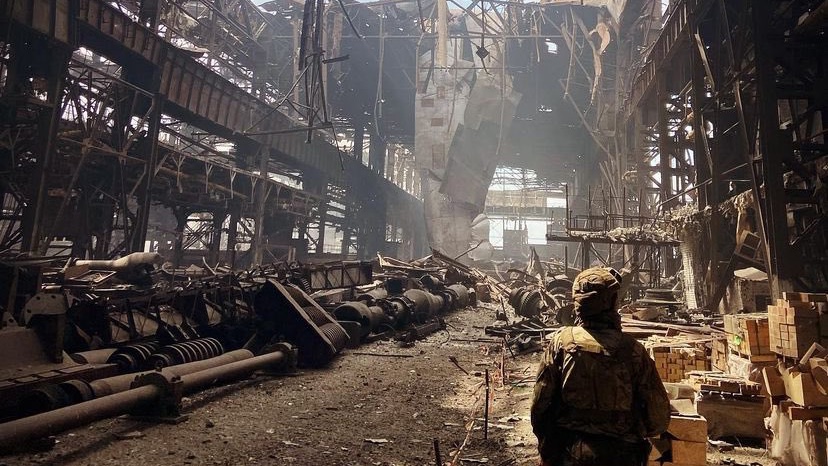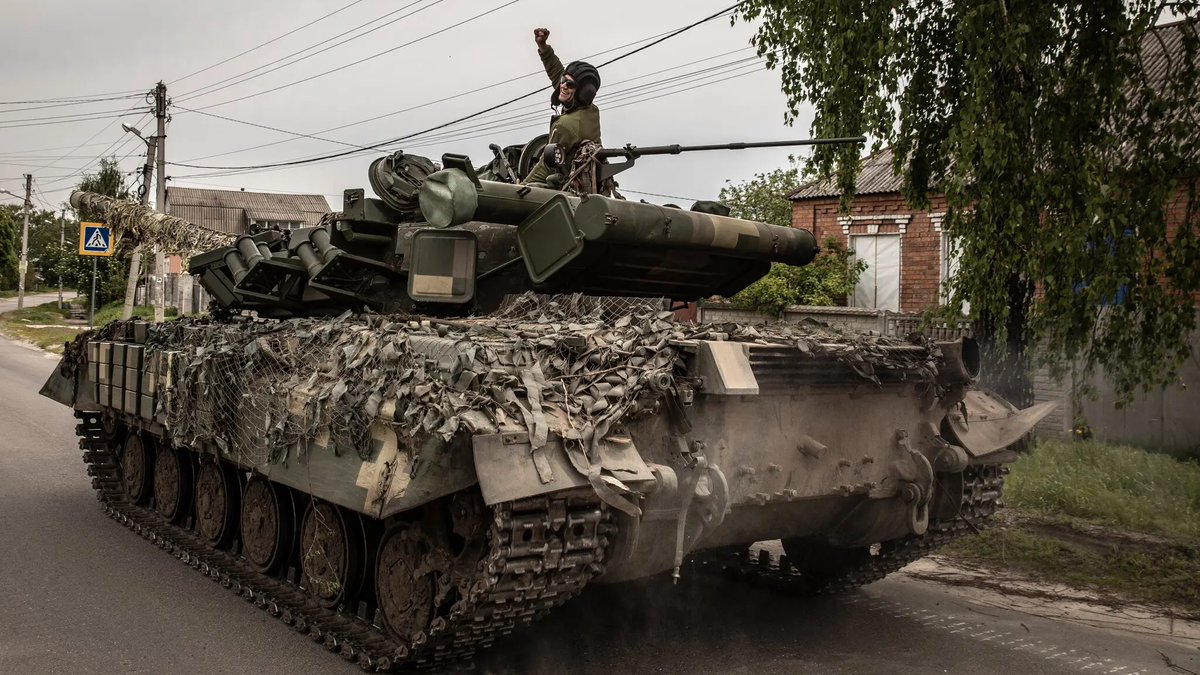
In the last 93 days, we have seen a constantly shifting operational environment, with both Ukrainian & Russian militaries experiencing tactical success and failures. This is very much the norm in warfare. Today, I explore the shifting tides of war in #Ukraine. 1/25 
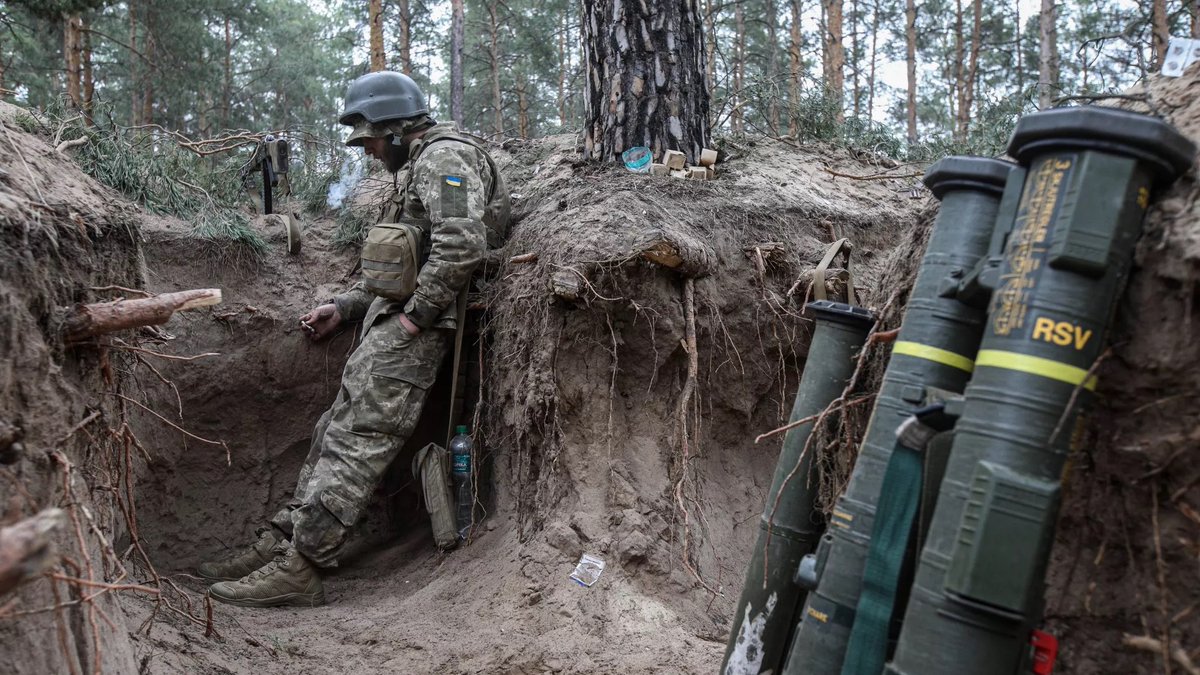
2/ This week, the Russian military has made steady progress in the conduct of its eastern offensive in the Donbas. While it has made little progress around Izyum, one of the key Russian axes of advance, progress elsewhere has been more apparent.
3/ Around, Popasna, the Russians have consolidated their hold of the town and have pushed west and north to the main highway that runs further east to Severodonetsk. 
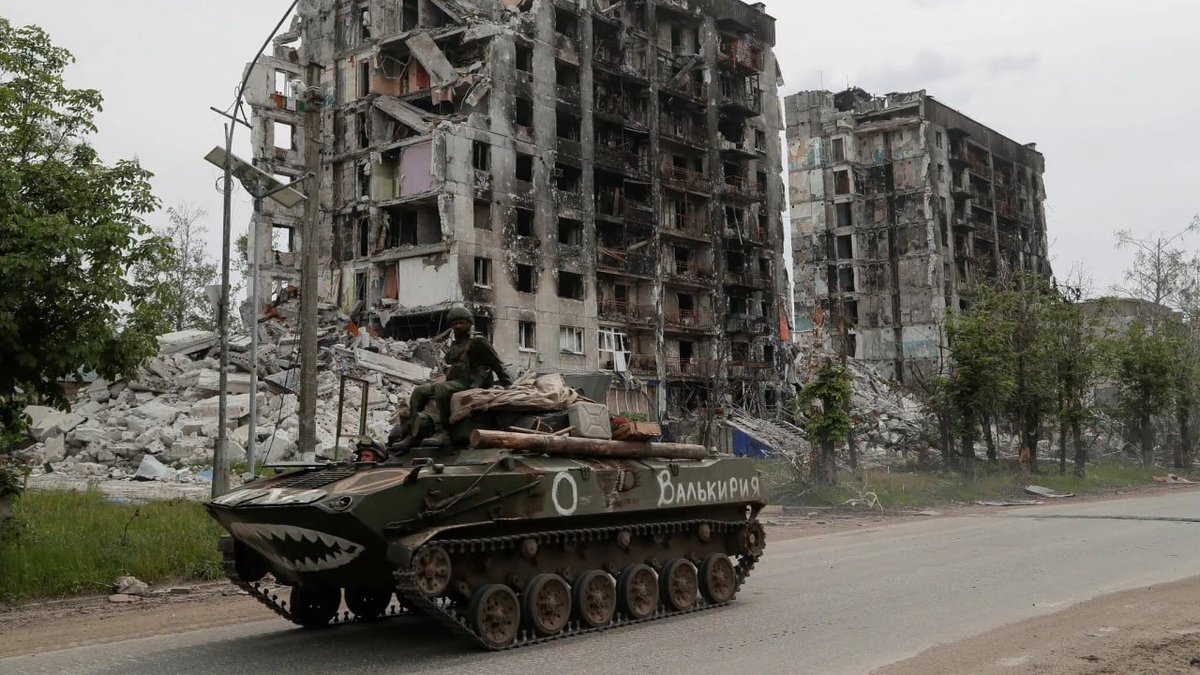
4/ Northwest of Popasna, the Russians have captured the town of Lyman, a centre that sits on important rail links to the east, south and west.
5/ These two tactical battles are probably part of a wider Russian operational design to envelop the territory that forms the last parts of Luhansk under Ukrainian control. Importantly, this includes the city of Severodonetsk. 
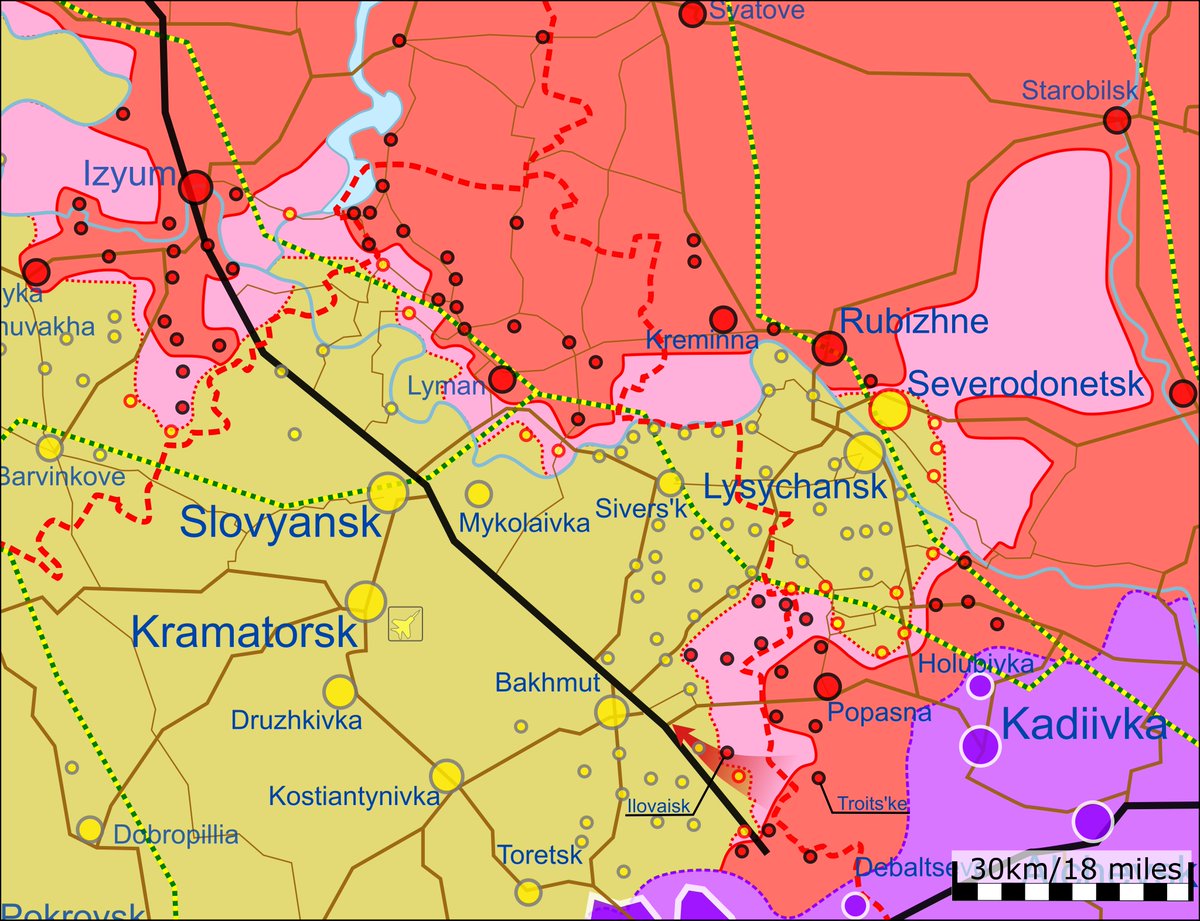
6/ For months now, the city of Severodonetsk has represented the tip of Ukraine’s salient into Russian-held eastern Ukraine. Not only is it an important military objective for the Russians, it also has political value.
7/ Severodonetsk is the last major Ukrainian town in Luhansk. Capturing it will provide the Russians with a significant victory in their information war campaign.
8/ The Ukrainian position around Severodonetsk is precarious. The defenders there are a large force that includes multiple brigades of the Ukrainian Army. It could conceivably hold out for days, weeks or months. 
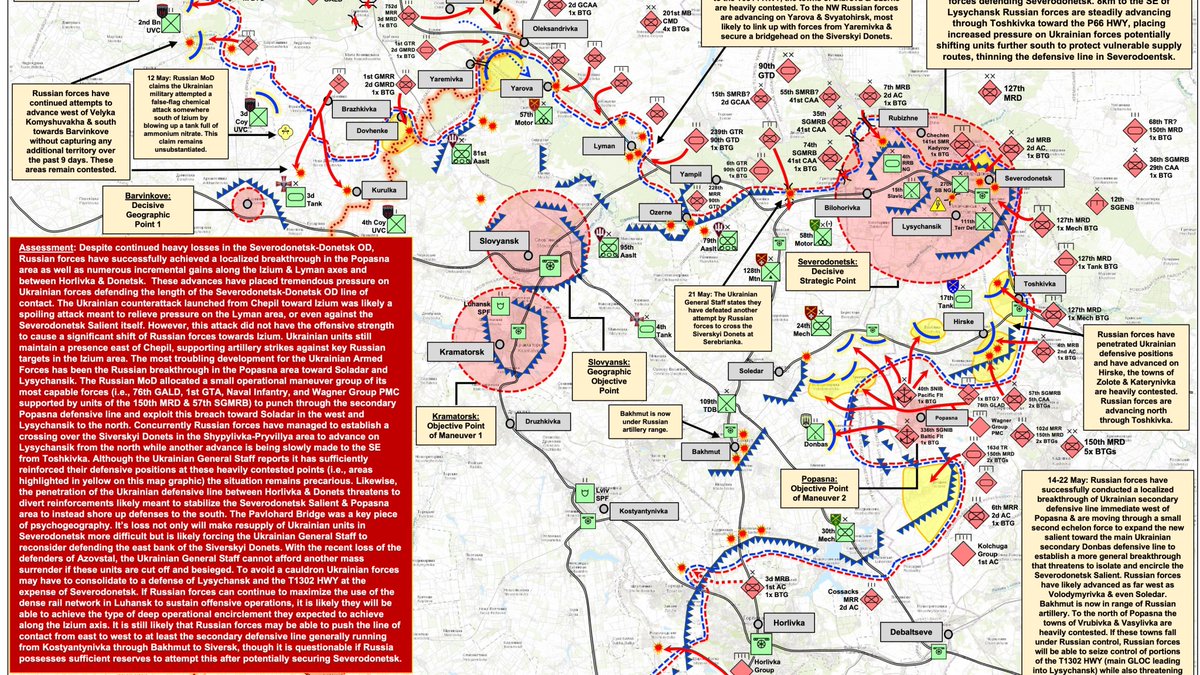
9/ But with Russian forces closing the northern and southern arms of an envelopment further to the west, and probably able to cut supply routes to the city in the short term, the tactical and political necessity to hold out in Severodonetsk is questionable.
10/ The Ukrainian forces that might be lost in this Russian envelopment are too valuable to lose in such an action. As such, the Ukrainian high command will need to make a tough decision soon about ceding Severodonetsk and surrounding territory.
11/ Not only would this preserve important Ukrainian Army brigades, but it might also shorten the ‘frontage’ or the length of the defensive front, that the Ukrainians need to defend in this part of the Donbas. It also lengthens Russian supply lines.
12/ The past week offers an important lesson on war. There are times in war when the enemy succeeds, despite the best efforts of those who oppose them. Most times, this is unpredictable, regardless of previous results. Thus are the shifting tides of war.
13/ What insights might we take from the events in eastern Ukraine in the past week? I think there are three.
14/ First, the Russians have learned and adapted from their earlier failures of strategy and tactics. Instead of a broad front and penny packeting forces, they have concentrated a significant force in a smaller part of Ukraine.
15/ The Russians have used their main advantage – massed firepower through gun & rocket artillery – to slowly roll south and east behind devastating barrages. This is not very different to how the allies eventually made their operational breakthroughs on the western front in WW1. 
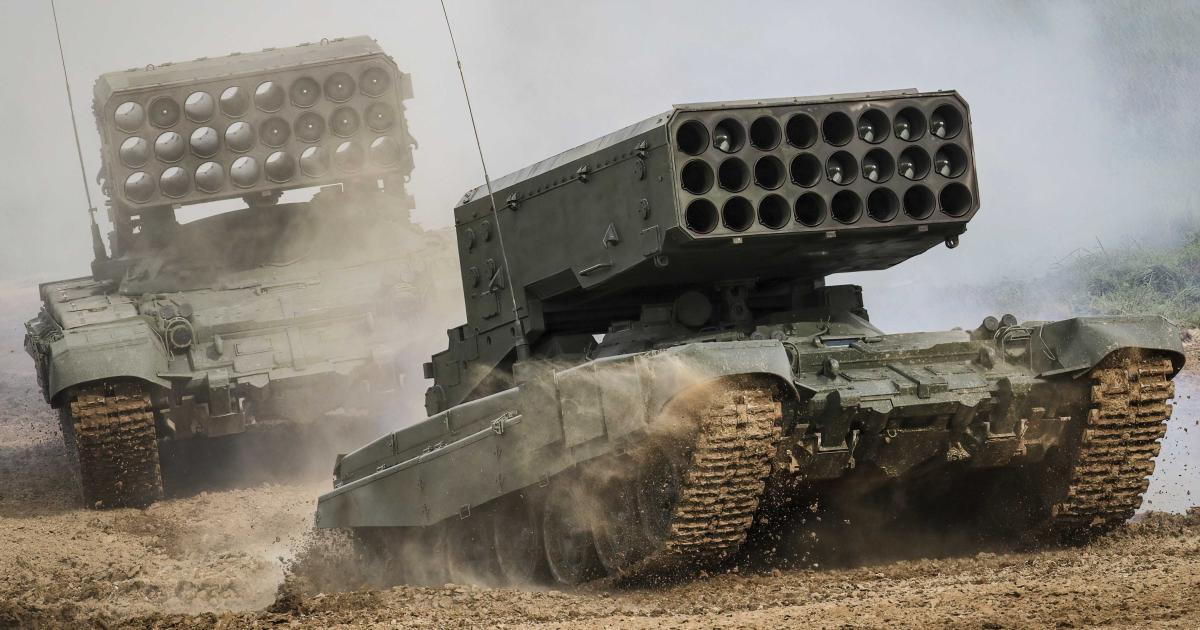
16/ And the Russians have moved slowly to ensure they don’t outrun their logistics while also keeping sufficient forces available for rear area security.
17/ Success can teach some things, but never as much as failure. The Russians have clearly begun to integrate some of the lessons from their northern campaign to capture Kyiv. Whether these extend from tactical lessons to the strategic realm, however, remains to be seen.
18/ Second, the Ukrainians cannot be expected to win every battle. Despite the magnificent strategic and tactical ability, they have demonstrated thus far, every Army in history eventually loses a few battles. And ceding ground to preserve a force is useful in the short term.
19/ There is little open-source info about the status or losses of the Ukrainians. But we should expect that despite the inspiration of defending their land, weariness will be starting to set in. And, they are fighting on multiple mini-fronts in the east. 
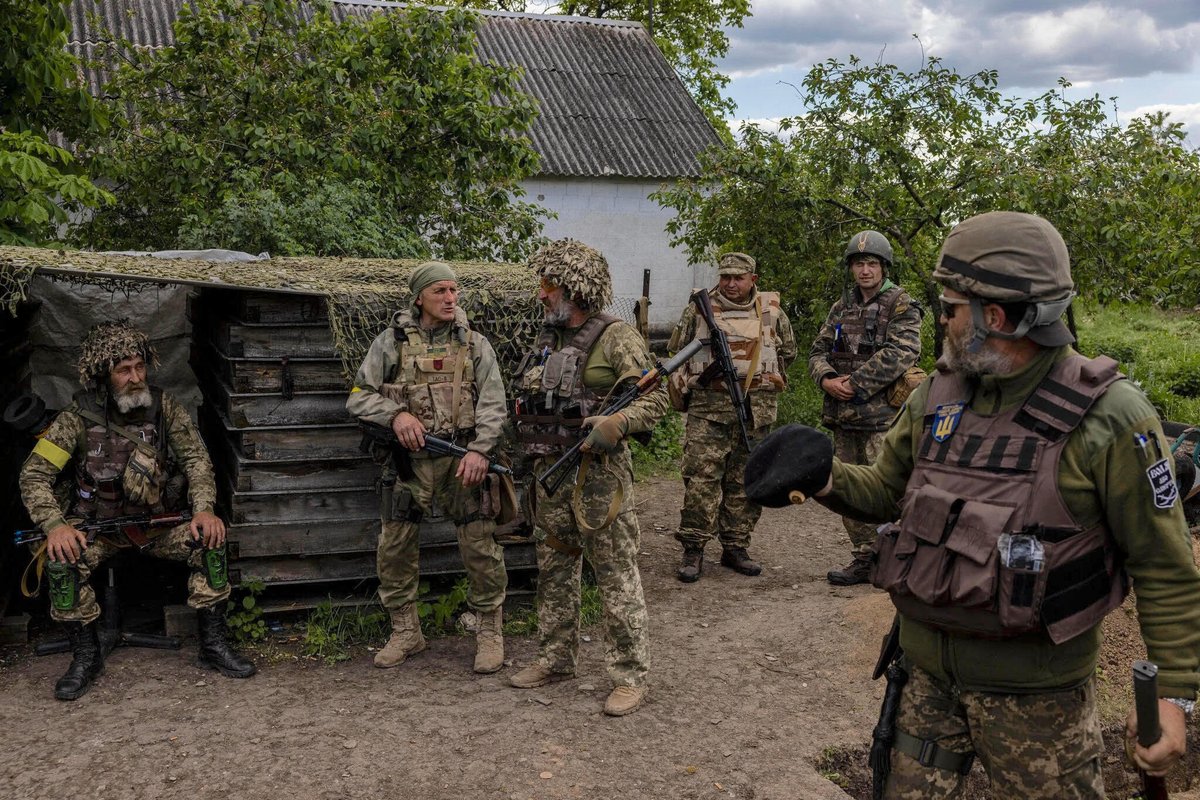
20/ The Ukrainians are having to make some tough calls about priorities for logistics, artillery & air support. They can’t support every fight at every point of the battlefield equally. The key is ensuring that tactical losses don’t translate into Russian operational gains.
21/ Finally, as forecast some time ago, the campaign in the east of Ukraine is destructive and brutal, featuring the largest clash of arms in Europe since WW2. Both sides are far from exhausted, and both have the will, mass & supporting logistics to continue for some time. 
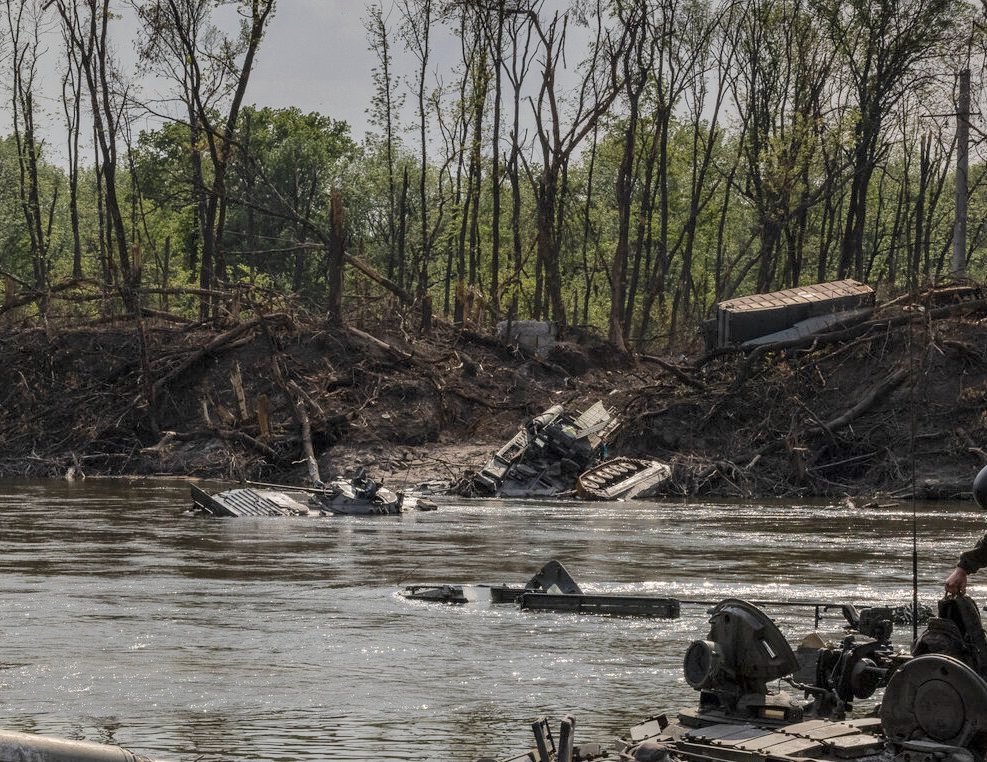
22/ Despite what Ukraine has achieved so far, the Russians have demonstrated no willingness at all to step back from this war. They probably believe they now have the initiative in their Popasna-Lyman-Severodonetsk offensive and will want to exploit this.
23/ Whether this translates into a wider Russian military advantage needs more assessment. If Ukraine has mobilised 700K troops (versus less than 200K Russians in Ukraine) & can sustain (or build) Western support, Ukrainian advantages will come into play in the medium term.
24/ The current Russian gains, and Ukrainian challenges, in the east are normal elements of warfare. It is an example of the dynamism and shifting tides of war. We should be cautious in predicting an outcome. End. 
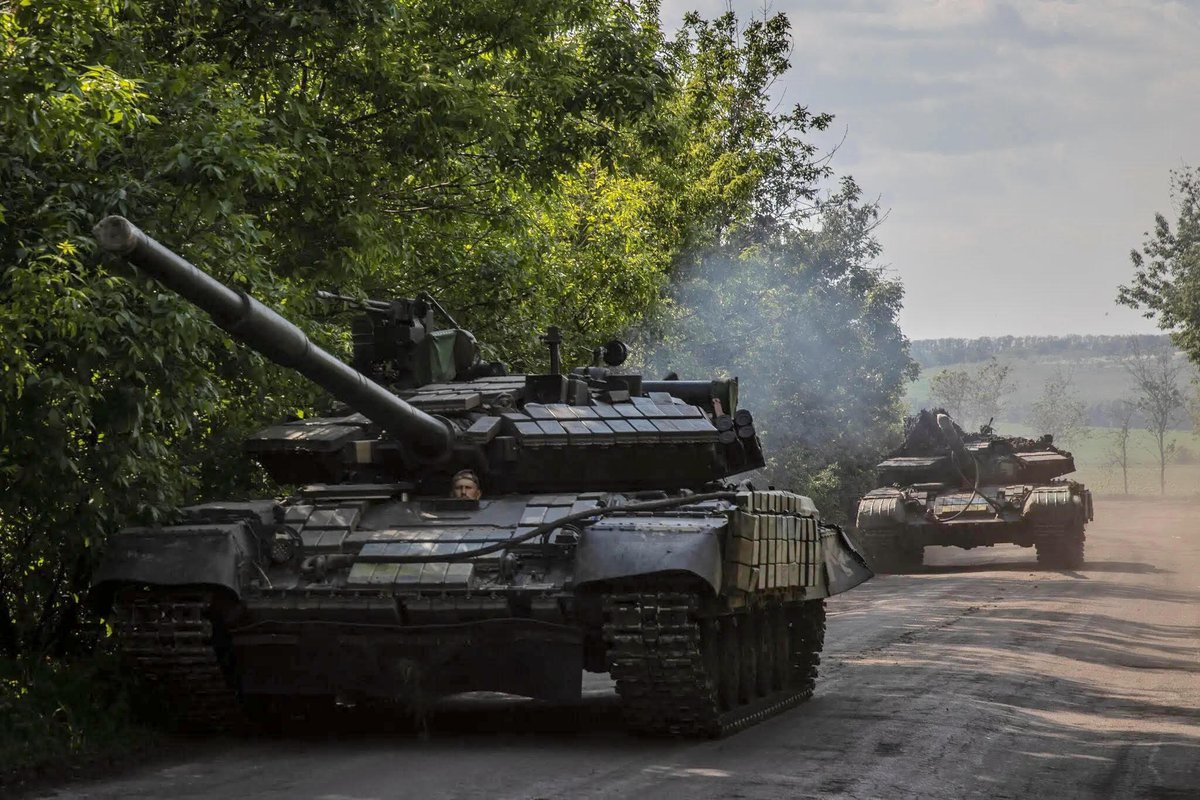
25/ Thanks to @IAPonomarenko @Maxar @UAweapons @RALee85 @danspium @War_mapper washingtonpost.com & nytimes.com whose images I used in this thread.
• • •
Missing some Tweet in this thread? You can try to
force a refresh





